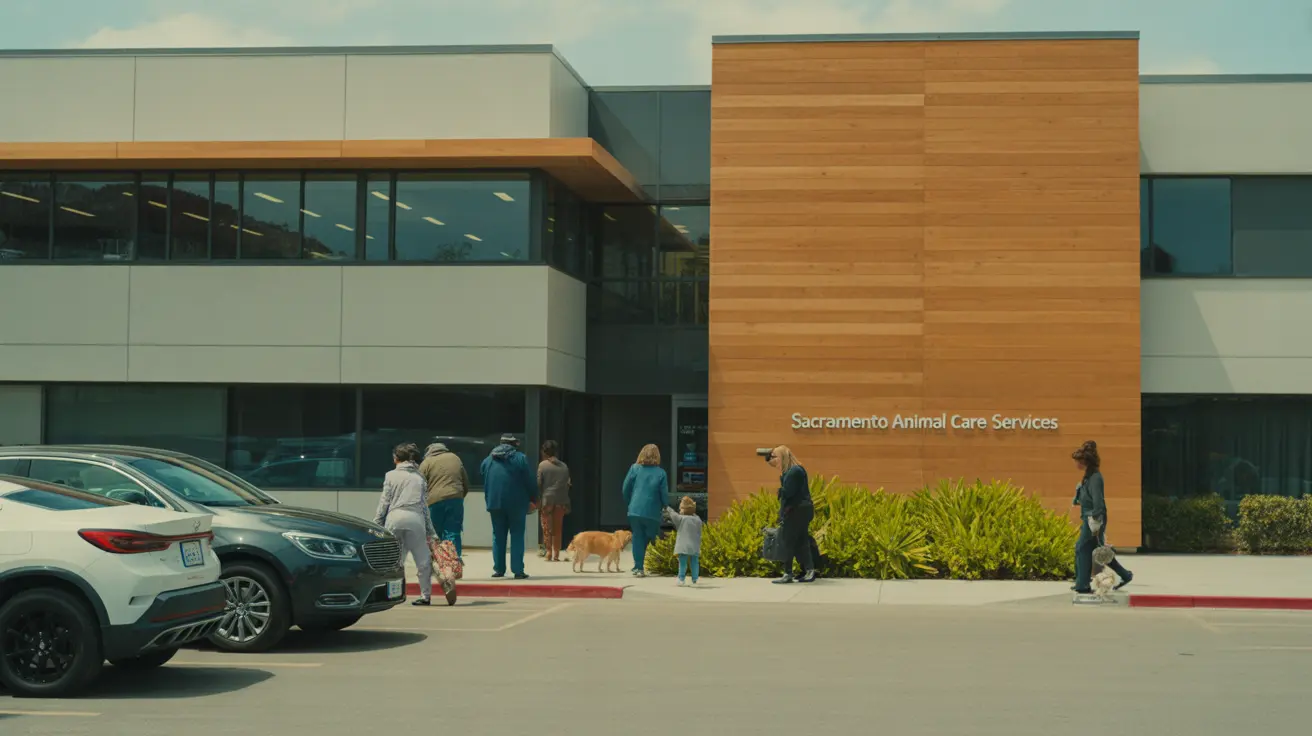Fastest Acting Laxatives for Dogs: What Pet Owners Should Know
Constipation in dogs is not uncommon and can be a troubling issue for both pets and their owners. When your furry friend is experiencing discomfort or difficulty defecating, you may wonder about effective and safe treatments. Among these, fast-acting laxatives are often sought for immediate relief.
Understanding Canine Constipation
Before rushing to administer a laxative, it’s essential to understand what canine constipation is. It occurs when a dog has infrequent, difficult, or absent bowel movements. Causes can include:
- Lack of dietary fiber
- Dehydration
- Ingesting non-digestible materials
- Medications
- Obesity and lack of exercise
Fastest Acting Laxatives for Dogs
When speed is essential, there are a few fast-acting solutions recommended by veterinarians:
1. Enemas
One of the quickest solutions, enemas work within minutes to clear the colon. These are typically administered by a vet using a special fluid that stimulates bowel evacuation.
- Time to effect: 5-30 minutes
- Use: Emergency situations or severe constipation
- Caution: Never administer a human enema, such as one containing phosphate, to dogs
2. Lactulose
Lactulose is a synthetic sugar solution often prescribed to soften stool and draw water into the colon, promoting bowel movements.
- Time to effect: Typically within 6-12 hours
- Use: Safe for longer-term management
- Availability: Prescription from a veterinarian
3. Canned Pumpkin (Unsweetened)
Rich in fiber, canned pumpkin may help stimulate regular bowel movements, although it's not as instantly effective as enemas or lactulose.
- Time to effect: 12-24 hours
- Use: Mild constipation
- Caution: Ensure it’s plain pumpkin without added sugars or spices
When to See a Veterinarian
While over-the-counter remedies and dietary changes are sometimes effective, it’s crucial to involve a veterinarian if:
- Constipation lasts more than 48 hours
- There's visible pain or blood during defecation
- The dog shows signs of lethargy, vomiting, or bloating
Preventing Constipation in Dogs
Prevention is always better than cure. To help avoid future episodes of constipation, consider the following:
- Ensure your dog has a high-fiber diet
- Promote daily physical activity
- Always provide access to fresh, clean water
- Regular grooming, especially for long-haired breeds, to prevent hair ingestion
Final Thoughts
Fast-acting laxatives can provide quick relief for constipated dogs, but they should always be used under veterinary supervision. The fastest options include vet-administered enemas and prescription lactulose. Never give your dog human laxatives or invasive treatments without professional guidance, as these could do more harm than good. Monitoring your dog’s diet, hydration, and activity levels can go a long way in keeping their digestive system healthy and regular.





